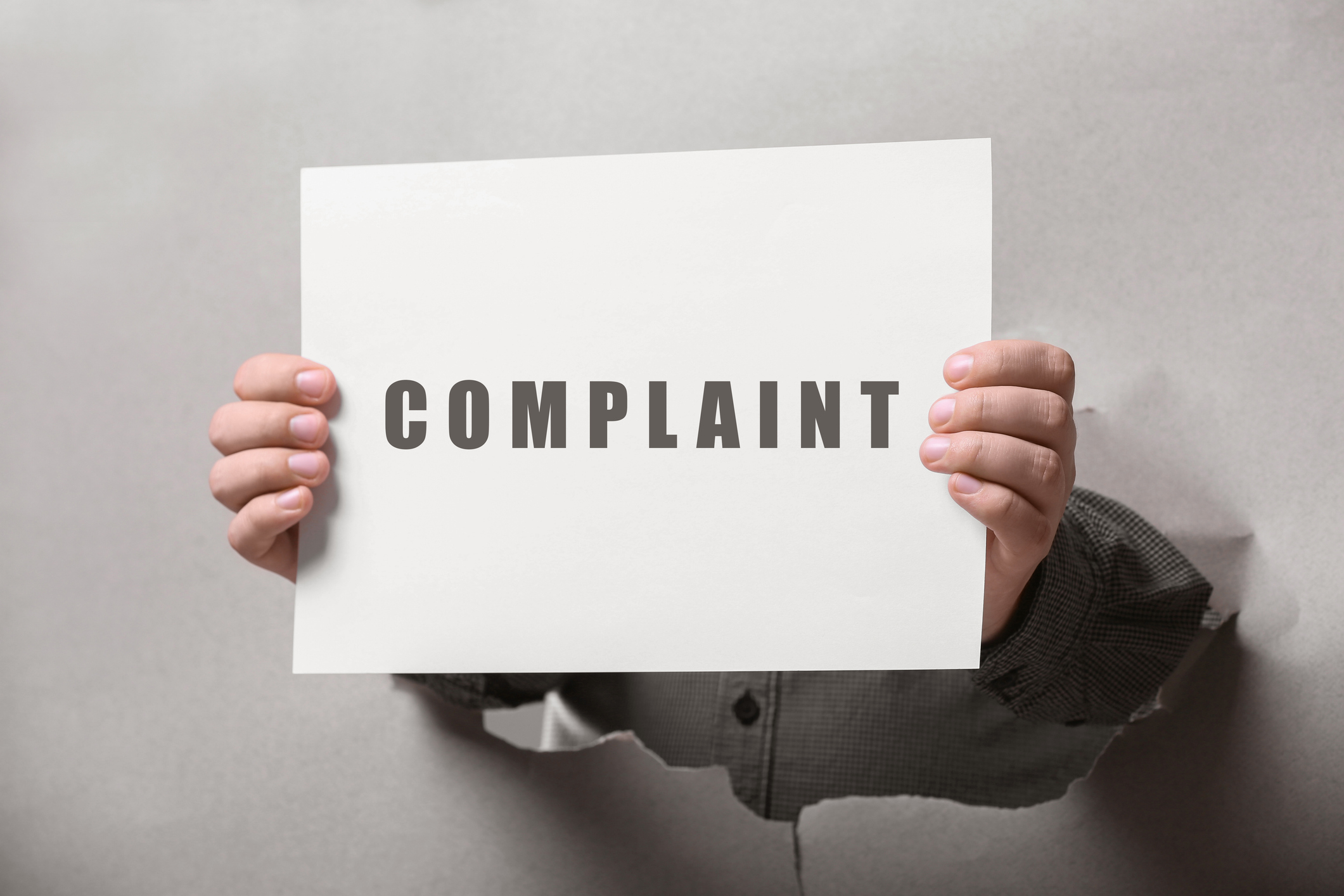Pregnancy Leave Rights in California
Understanding your pregnancy leave rights in California can empower you to take the time you need for your health, your baby, and your family. With a combination of Pregnancy Disability Leave, CFRA/FMLA leave, and Paid Family Leave benefits, California provides broad protections for expectant and new mothers. Whether you’re expecting a baby or planning to expand your family soon, understanding your rights can help you make decisions about balancing work and parenthood.
Key Laws Governing Pregnancy Leave in California
Several federal and state laws govern pregnancy leave rights in California. Each law serves a unique purpose in protecting pregnant employees.
Family and Medical Leave Act (FMLA)
The FMLA is a federal law that provides eligible employees up to 12 weeks of unpaid, job-protected leave within 12 months for certain family and medical reasons, including pregnancy, childbirth and baby bonding. Under FMLA, employees can take leave to care for their serious health conditions, including pregnancy-related conditions, or to bond with a newborn child.
Employees only qualify for FMLA if the employer employs 50 or more employees with a 75-mile radius of the employee’s work location. Additionally, the employee must have worked for the employer for at least 12 months and have worked at least 1,250 hours in the 12 months before the leave begins.
California Family Rights Act (CFRA)
The CFRA is California’s version of the FMLA which applies to even more employers (5 or more employees) and offers some additional protections. Like the FMLA, it provides eligible employees up to 12 weeks of unpaid, job-protected leave. However, under CFRA, leave can be taken for a broader range of family caregiving situations, including pregnancy and childbirth. Unlike FMLA, the CFRA applies to all employers with 5 or more employees, covering even small and medium sized employers in California.. Notably, CFRA and FMLA leave will run “concurrently” (at the same time) meaning you cannot combine them “back-to-back” to double the amount of leave.
Similar to FMLA, the employee must have worked for the employer for at least 12 months and have worked at least 1,250 hours in the 12 months before the leave begins (approximately 30 or more hours per week).
Pregnancy Disability Leave (PDL)
One of the unique benefits available in California is Pregnancy Disability Leave (PDL). PDL is separate from FMLA and CFRA and provides up to four months of unpaid leave for employees who are disabled due to pregnancy, childbirth, or related medical conditions.
Pregnancy Disability Leave can be taken for a variety of pregnancy-related conditions, which include severe morning sickness, prenatal care, doctor-ordered bed rest, gestational diabetes, postpartum depression, baby bonding and recovery from childbirth. PDL can be taken intermittently or all at once, depending on your condition and your healthcare provider’s recommendation.
California Paid Family Leave (PFL) Benefits
While most pregnancy-related leaves under FMLA, CFRA, and PDL are unpaid, the state of California offers Paid Family Leave (PFL) benefits, which provides up to eight weeks of partial wage replacement to new parents. PFL benefits are funded through employee payroll contributions, so if you’ve been paying into the state’s disability insurance program, you may be eligible to receive PFL. You can apply for PFL benefits through the California Employment Development Department (“EDD”), which, if approved, can provide up to 60-70% of your weekly wages, depending on your income level.
Fair Employment and Housing Act (FEHA)
California’s Fair Employment and Housing Act (FEHA) provides additional protection against discrimination for pregnant employees.
Under FEHA, an employer may not discriminate against or harass an employee due to pregnancy, childbirth, or related medical conditions. It also requires employers to provide reasonable accommodations to work duties, such as more frequent breaks or modified duties for employees suffering from disabling conditions related to pregnancy or childbirth.
How Do These Laws Work Together?
One of the most confusing aspects of pregnancy leave in California is how these various laws overlap. In many cases, you can combine different types of leave to maximize your time off. For example, you may start a leave by taking Pregnancy Disability Leave (PDL) for up to 4 months while you are disabled due to pregnancy or childbirth. After you have recovered and are no longer disabled, you may take an additional 12 weeks of leave under CFRA or FMLA to bond with your new baby. During the bonding period, you may also receive Paid Family Leave (PFL) benefits for up to 8 weeks of wage replacement. This means you could take up to 7 months of protected leave in total, depending on your circumstances.
Reasonable Accommodations During Pregnancy
Employers must provide reasonable work modifications to pregnant employees if they are unable to perform their job duties due to pregnancy-related conditions. Accommodations may include a temporary reassignment to less strenuous or hazardous duties, more frequent or longer breaks, transfer to a less physically demanding position, and time off for prenatal appointments. Your employer cannot retaliate against you for requesting reasonable accommodations or taking leave related to your pregnancy.
Your Rights Upon Returning to Work
When you return to work after taking PDL, FMLA, or CFRA leave, your employer must restore you to your original or comparable position. A comparable position means one that has similar pay, benefits, and working conditions. California law also mandates that employers provide lactation accommodations. This includes a reasonable amount of break time for employees who wish to express breast milk and access to a private, clean space (other than a bathroom) to do so. Employers must also make reasonable efforts to ensure that lactation spaces are close to the employee’s work area. The Fair Employment and Housing Act ensures that employees returning from pregnancy leave are not treated differently from other employees who took medical leave for non-pregnancy-related reasons.
Notably, if your condition requires you exceed the time limits of PDL or FMLA/CFRA leave, your employer is not required to restore you to your original or comparable position and may fill your job with another employee. However, the FEHA mandates that the employer work with you in good faith (called an interactive process) to accommodate any remaining medical restrictions and/or place you back at the company to any open position you may be qualified for. If needed by the employee, the employer must also grant additional (unpaid) medical leave as an accommodation if it is able to do so without causing an undue burden or hardship to the business.
One of the most common ways employers violate the FEHA is by “snap” terminating a disabled employee immediately once their PDL, CFRA or FMLA leave runs out – i.e. without any interactive process or discussion on what the employee needs to return to work, including the option of additional medical leave, if possible.
What If Your Employer Denies Your Rights?
Unfortunately, some employers may not comply with pregnancy leave laws. Speak directly with your employer (preferably in writing) about your concerns, as they may not be aware of these legal requirements or may have made a simple error. If your request is denied, escalate the matter to Human Resources or higher management. A grievance can be filed with the California Department of Fair Employment and Housing (DFEH) if needed, however, you should strongly consider consulting with an employment attorney first to explore your legal options.
Need Help with Pregnancy Leave Rights? Contact Odell Law, PLC Today
Are you an expectant mother facing challenges securing pregnancy leave in California? Whether you’re unsure about your rights or your employer has denied your request for leave or accommodations, Odell Law, PLC is here to help. We are committed to helping you understand your options and will work diligently to protect your rights every step of the way. Contact us today for a free consultation by calling 949-771-8173.



